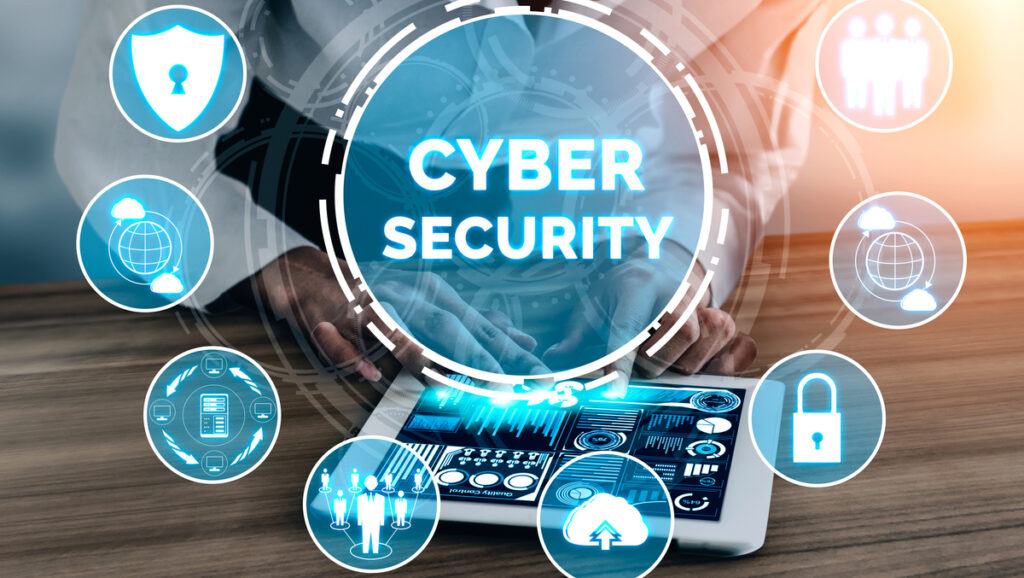Like any instrument, the internet is not inherently beneficial or harmful; it is our responsibility to use it wisely and ensure our safety. Comparable to how fire has transformed human existence, the internet has revolutionized our way of life. It falls upon each individual to adopt measures to protect against unauthorized access by hackers into their systems.
Today we celebrate the Safer Internet Day, which is a global initiative aimed at promoting a safer and more secure internet environment for all users, particularly children and young adults. Originating in Europe in 2004 under the European Union’s Safe Borders project, this day has expanded worldwide, involving over 150 countries by 2023.
The significance of Safer Internet Day lies in its comprehensive approach to digital safety, emphasizing not only the dangers of online spaces such as cyberbullying, phishing, and privacy breaches but also the positive actions that can be taken to combat these issues. Schools, organizations, and individuals participate in events and activities designed to raise awareness about online safety and teach practical skills for navigating the internet responsibly.
The relevance of Safer Internet Day extends beyond awareness, serving as a catalyst for policy changes, educational programs, and community initiatives focused on creating a safer digital world. This annual observance highlights the ongoing need for vigilance and education in the digital age, reminding individuals and institutions of the critical role they play in safeguarding the internet.
Safer Internet Day emphasizes the critical role of secure online practices in today’s digitally-driven world. Despite the general disdain for passwords, they are a cornerstone of digital security. Major companies continue to face breaches due to inadequate password management, underscoring the necessity of robust password protocols .
Read Also: Trends That Will Shape Cybersecurity in 2024
“While we all hate passwords and know they’re a pain, they remain important. Even today we see major companies compromised because of bad password management by them or their people. Using unique passwords for every site [or at least every important site] is still one of the best things you can do to keep yourself secure. In addition to using unique passwords, using a multifactor authentication app is a key step in securing critical accounts,” said Christopher Budd, director, threat research, Sophos X-Ops.
The Sophos X-Ops’ Active Adversary 2023 Report revealed a startling trend: compromised credentials have become the primary cause of data theft and ransomware attacks. In 2023, over half of the analyzed attacks [56%] were linked to stolen name and password information, marking a 26% increase from the previous year. This surge highlights the escalating importance of securing login credentials.
“Beyond technical measures, a mindset of cautious data sharing is equally crucial. The concept of “saying no” to unnecessary information requests is a powerful tool in data protection. Personal data, such as birthdays, should only be shared when absolutely necessary. Limiting the amount of personal information shared online minimizes the risk of it being lost or unintentionally disclosed”, says Budd.
In summary, observing Safer Internet Day involves more than acknowledging the challenges of digital security; it requires active participation in safeguarding personal information. Implementing unique passwords and employing multifactor authentication are fundamental steps towards this goal. Additionally, being selective about the personal data shared online further fortifies one’s digital presence. Together, these strategies form a comprehensive approach to online safety, reflecting the evolving landscape of digital threats and the ever-increasing value of personal data in the cyber world.
Additional Tips to stay safe online include:
- Using caution when clicking on links.
- Keeping all applications, apps, and devices up to date.
- Investing in good security software.
- Treating all unsolicited communications [email, phone calls, texts] as suspicious.






More Stories
LG to provide first-hand experiences of it’s latest innovations
Zipline Achieves One Millionth Delivery Milestone
TECNO Launches CAMON 30 Series: Setting New Standards in Smartphone Technology